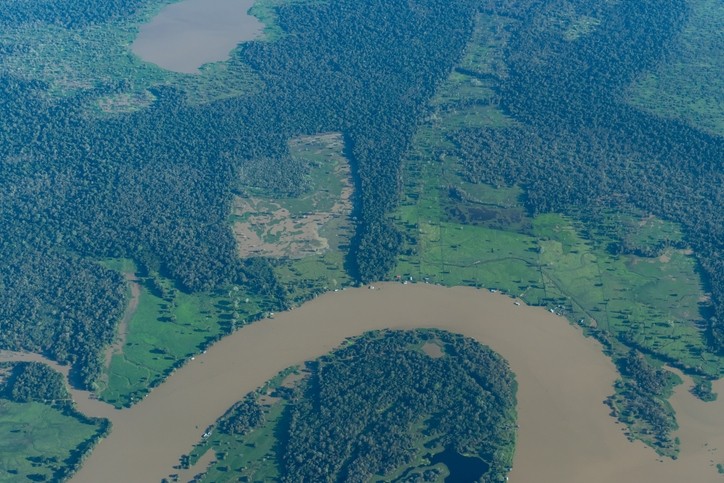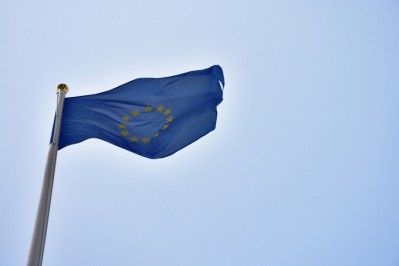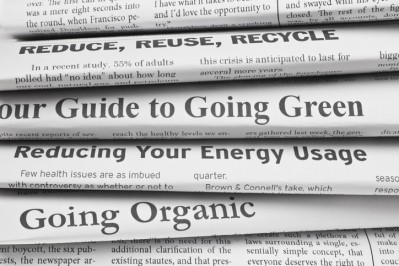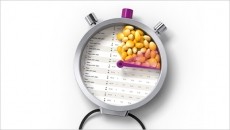TRACT boosts platform capabilities for adherence to EUDR

TRACT's core product, which is already live, focuses on traceability and data sharing; it is designed to help stakeholders to monitor and oversee their supply chains effectively.
Amidst mounting pressure for heightened transparency and accountability within global supply chains, TRACT's forthcoming EUDR product promises to equip companies of all sizes with the tools necessary to navigate the complexities of compliance seamlessly.
“We've been highly focused on enhancing our capabilities within the EUDR domain. Currently, we're actively engaged in several initiatives, such as polygon management and monitoring of deforestation status, both of which are slated to go live in the next week or two. Additionally, we're diligently working on risk assessment and mitigation strategies to ensure comprehensive EUDR compliance,” TRACT CEO, Allison Kopf, told us on a call late last week.
The EUDR, which came into effect on June 29, 2023, aims to prevent global deforestation linked to agricultural products imported into the EU. From December, companies will have to demonstrate with due diligence and traceability to plot that their imports of soy, palm oil, and other commodities have not caused deforestation. Failure to comply will result in big fines, potentially up to 4% of a company’s EU turnover.
EUDR compliance
TRACT's platform, remarked the CEO, is designed to offer comprehensive support across all stages of EUDR due diligence, from information gathering to risk assessment and mitigation. It can:
- Track and visualize supply chains – with capability initially for palm, soy, coffee, and cocoa.
- Validate geolocation data, including farm polygons.
- Analyze farms for deforestation.
- Allow users to find in one place relevant laws by each producing country.
- Provide insights on social and environmental risks for country-commodity combinations, including on human rights and deforestation.
- Provide metrics on risk mitigation.
- Trace and link due diligence numbers over time
- Help users more easily spot non-compliance.
- Organize and save information on the platform to demonstrate due diligence.
Partnerships
Furthermore, TRACT's strategic partnerships with platforms such as Global Forest Watch and academic institutions such as Wageningen University & Research (WUR) bolster its capabilities, providing users with access to trusted data and analytics critical for identifying and addressing environmental and social risks, explained Kopf.
Through its Wageningen Food Views program, WUR will provide TRACT with sustainability risk scores, with an initial focus on child labor and forced labor.
“We've integrated a validation mechanism into our platform to verify polygon data and gather deforestation status data from Global Forest Watch," she added.
Addressing uncertainty
When asked about the significance of the delayed guidance from the EU Commission regarding specific aspects of the EUDR, she acknowledged that such uncertainties are common in regulatory processes. Kopf emphasized that navigating through regulatory ambiguity is typical, highlighting the importance of having a foundational understanding of the requirements, which has been documented for the EUDR. Critical elements such deforestation status along with country-based risk scores provide a starting point for compliance efforts.
Drawing parallels to past experiences like the Food Safety Modernization Act (FSMA) in the US, she noted that although initial regulations may be vague, establishing a baseline facilitates collective action and tool development within the industry. Anticipating a learning curve in the implementation phase, she emphasized the need for agility and iterative improvements, anticipating adjustments based on practical challenges encountered during data entry into the EU portal.
Kopf also underscored the role of the work TRACT has done in respect of organizing technical working groups aimed at fostering industry collaboration, bringing together stakeholders to address uncertainties and align on metrics and methodologies relevant to EUDR compliance. This collaborative approach has proven effective in navigating regulatory complexities and aligning businesses towards shared objectives, serving as a valuable mechanism for ongoing adaptation and improvement, said the CEO.
Investor credibility
The investors in TRACT are some of the largest agricultural companies in the world. Agribusiness giants - Archer Daniels Midland Company (ADM), Cargill, Louis Dreyfus Company (LDC) and Olam – provided the initial funding and talent for TRACT and collaborated with other companies and non-profit organizations to develop the platform.
“When assessing our investor base, it's crucial to recognize the credibility they bring, which holds significant weight in our industry. I've always emphasized that one of the greatest hurdles in establishing traceability solutions for extensive supply chains lies in two key factors. Firstly, it's about securing credible involvement from stakeholders. Secondly, achieving alignment in a pre-competitive manner presents a formidable challenge.
“This is precisely where our technical working groups have excelled. They not only bolster credibility through investor involvement but also foster alignment in a pre-competitive framework. By recognizing the importance of both investor credibility and industry alignment, we can effectively navigate the complexities of implementing traceability solutions across vast supply chains.”
Intricate and complex supply chains
When considering cocoa and coffee, the supply chain tends to exhibit a greater degree of linearity, making visualization straightforward, noted Kopf.
“However, when introducing commodities like palm oil [and its byproducts] and soy, which involve intricate and complex supply chains, the process becomes more challenging. To address this complexity, we've developed a concept called segments. Segmentation allows us to break down the supply chain into manageable components, enabling us to piece together these segments in a coherent flow.
“This approach forms the basis of our traceability model, which we envision extending beyond the initial four commodities—cocoa, coffee, soy, and palm. We aim to expand into other EUDR commodities and beyond, leveraging the same model to accommodate various supply chain structures and flows. This adaptable framework provides the flexibility needed to effectively trace diverse commodity supply chains.”
Both upstream and downstream participants are integral to this platform, depending on the business's motivations.
“For instance, let's consider a feed buyer as an entry point. There are several drivers of value for their business, starting with data sharing requirements. Regardless of their position in the supply chain, all players have obligations to share data with their partners. Currently, this process is immensely challenging due to its complexity, involving numerous systems, spreadsheets, and manual data handling across tens of thousands of supply chains.
“The foundational product aims to streamline this process by aggregating supply chain data into a secure and scalable platform, facilitating efficient sharing among partners."
This consolidation offers immense value to such stakeholders, streamlining their reporting mechanisms, and with supplier information centralized, they can easily access it and share due diligence report numbers, fostering a cohesive supply chain network, continued Kopf.
By aligning metrics and methodologies, she believes the platform could also enable strategic partnerships with banks and financing partners for investments in strategic environment focused initiatives, driving positive change within the industry.
Data privacy
And platform security is paramount.
“We've adopted a stringent security philosophy right from the outset. Our priority has always been to ensure that all customers, regardless of their scale, feel genuinely secure when using our platform. Given that our platform involves data sharing between partners, security measures must be taken to an almost extreme level.
“This commitment to security begins with our company culture, which prioritizes security in every aspect, from the selection of tools used internally to how our laptops are managed. Additionally, our platform itself incorporates robust security measures, including encryption, backups, and logging mechanisms. These features are designed to eliminate any potential vulnerabilities, whether intentional or unintentional.
“Our approach to security not only aligns with industry standards like ISO but goes even further. We are dedicated to ensuring the utmost security for our platform and the data it manages.”














